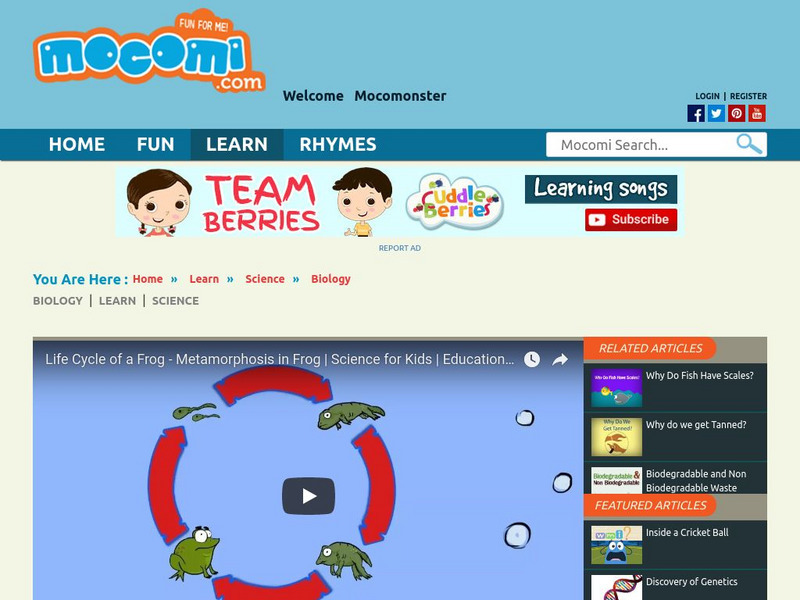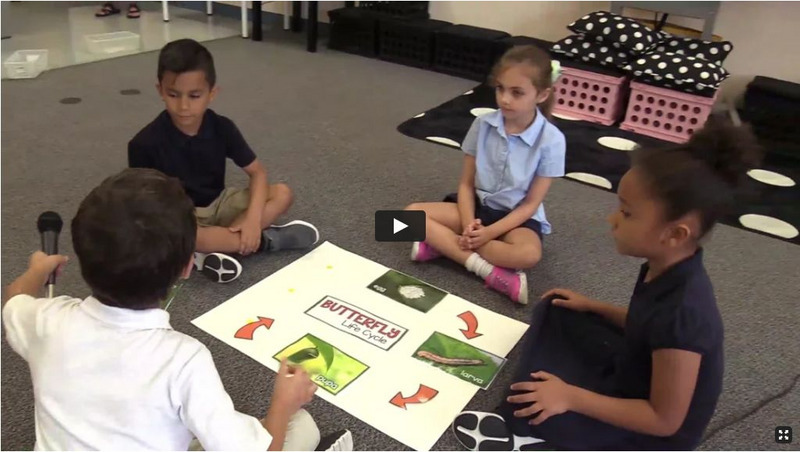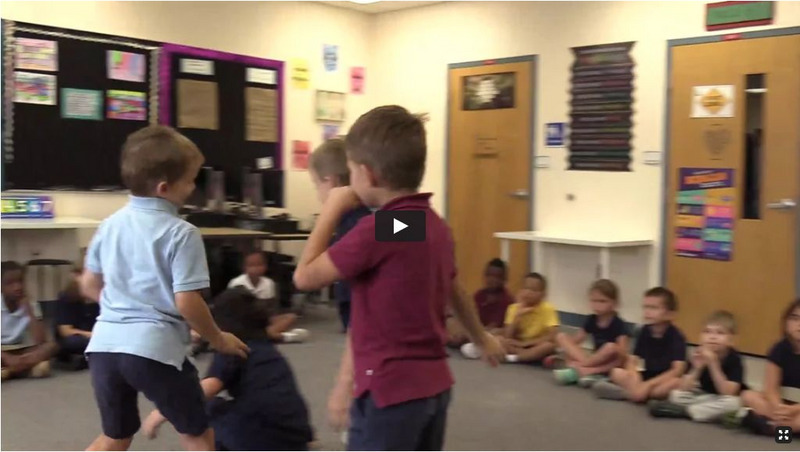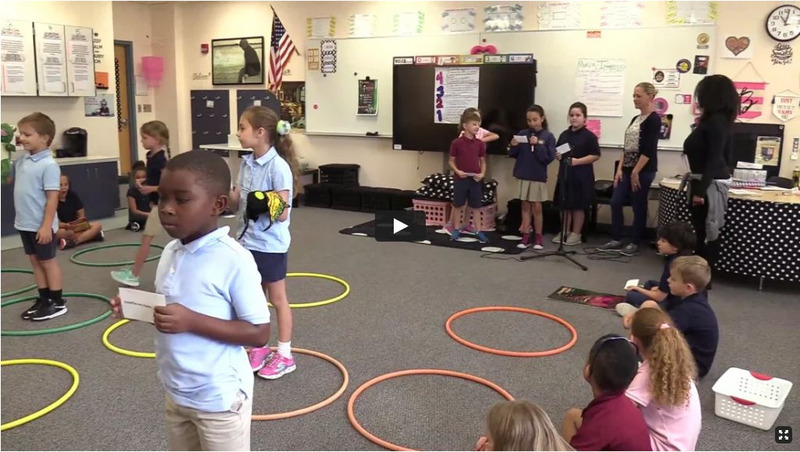Hi, what do you want to do?
Curated OER
The Great Horned Owl
In this recognizing facts about the Great Horned Owl worksheet, students read fun facts, match illustrations with adaptations, sequence life cycle cards, and read what to do if they find an injured bird. Students solve 16 answers.
Curated OER
Tadpoles and Frogs
In this problem solving activity, students read a word problem about tadpoles and frogs and then complete three questions about the frogs life cycle changes.
Curated OER
Do You Know How an Amphibian Grows?
In this amphibian growth worksheet, students fill 5 blanks with the correct cut-and-paste image of the stages of growth from tadpole to adult frog. Students cut out each stage of growth and order them in the life cycle of a frog.
Lakeshore Learning
Story Sequencing Activity
Pollywogs, tadpoles, and frogs. Here's a sequencing exercise that combines story telling and science. Kids paste illustrations of the life cycles of frogs in order on a story sheet.
Curated OER
Nutrition and Energy Flow
In this energy flow learning exercise, students will complete 10 short answer questions based on a food web diagram. Then students will review different cycles in nature including the water cycle, carbon cycle, and energy cycle. This...
Curated OER
Grade Three Science Practice
For this grade 3 science worksheet, 3rd graders complete a set of 25 multiple choice questions related to a variety of 3rd grade science concepts. An answer key is included.
Curated OER
Water and the Earth
In this water and Earth worksheet, students read a 2 page article on water and the Earth, name the clouds in 2 pictures and then list 4 sources of water in nature.
PBS
Pbs Learning Media: Metamorphosis: How Frogs, Dragonfiles & Butterflies Grow
All animals develop and grow over time. The animals in this video segment, however, undergo very dramatic changes on their way to adulthood--a developmental process known as metamorphosis. [4:45]
Mocomi & Anibrain Digital Technologies
Mocomi: Life Cycle of a Frog
Dig around a local creek or pond and folks are bound to discover a tadpole. What happens between tadpole and frog stage? Find out the entire life cycle of a frog in this animated video. [1:15]
ArtsNow
Arts Now Learning: Board Game
In this video, students sit around a poster board and state stages in the life cycles of a butterfly and then a frog, placing pictures and other elements on the board that represent each stage. [2:44]
ArtsNow
Arts Now Learning: Tableau / Human Paragraph
In this video, students perform tableaux of the life cycles of a butterfly and then a frog while a classmate announces the stages they are demonstrating. [3:02]
ArtsNow
Arts Now Learning: Dramatization
In this video, students perform dramatizations of the life cycles of a butterfly and then a frog to music and sound effects by classmates. [2:52]
ArtsNow
Arts Now Learning: Physicalizing a Thinking Chart
In this video, students state facts about frogs and butterflies as they each place themselves in hula hoops laid out to organize the similarities, differences, and commonalities between the two organisms. [2:46]
Other popular searches
- Frog Life Cycle Worksheet
- Life Cycle of a Frog
- Life Cycle of Frog
- Butterfly and Frog Life Cycles
- Science Frog Life Cycle
- Frog Life Cycle Sequence
- Frog Life Cycle Video
- A Frog Life Cycle
- Frog Life Cycle Lessons
- Primary Frog Life Cycle
- Animal Life Cycle Frog
- Frog Life Cycle Illustrated

















